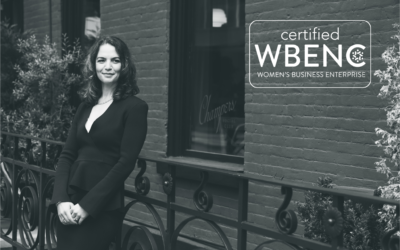If you’re confused about trademark identification classifications for virtual goods and services, you’re not alone. The United States Patent and Trademark Office (“USPTO”) implemented changes to its Acceptable Identification of Goods and Services Manual (“ID Manual”) based on changes that were made by the World Intellectual Property Organization to the international trademark classification system, the “Nice Classification.” The changes have the largest impact in the rapidly expanding areas of virtual goods and services. Per the USPTO, the changes, which went into effect in January, impacted over 800 entries in its ID Manual.
virtual services
Prior to the recent changes, there was no guidance about how to classify virtual services and as a result, such applications were examined on a case-by-case basis. According to the newly updated Nice Classification, “virtual services” are those service activities “delivered in a virtual environment by means of a computer or via the internet.” TMEP 1401.15(c). Virtual services also include “simulations of real activities that take place in virtual worlds or virtual environments.” Id.
When evaluating virtual services for classification, the USPTO will now take a two-pronged approach in which it examines: 1) the nature of the service activity being rendered in the virtual environment; and 2) whether the service has the same purpose or result as the real-world activity. As such, service activities whose purpose or result is the same as those rendered in the real world fall in the same classification. For example, “business consulting services rendered in virtual environments” falls in Class 35 just as providing real-world business consulting services falls in Class 35.
Where the services are simulations of real activities that take place in a virtual environment but have a different purpose or result from their corresponding real-world services, the classification is generally regarded as a Class 41 entertainment service. For example, an acceptable identification would be “virtual business consulting services for avatars provided in virtual environments for entertainment purposes” in Class 41. It is important to note that “for entertainment purposes” is critical language to include per the USPTO guidelines.
Non-fungible tokens (nfts)
According to the Trademark Manual of Examining Procedure (“TMEP”), the primary meaning of NFT is “a unique digital identifier that cannot be copied, substituted, or subdivided, that is recorded in a blockchain, and that is used to certify authenticity and ownership (as of a specific digital asset and specific rights relating to it).” TMEP 1401.15(b). For classification purposes, NFTs are neither a good nor a service and are similar to a certificate of authenticity. Id.
There was previously little guidance surrounding prosecuting applications involving NFTs. Under the newly updated Nice Classification, identifications referencing NFTs are acceptable. However, the identification must specify the nature of the goods being authenticated by or the services involving NFTs. As such, identifications simply for “non-fungible tokens” and “NFTs” are unacceptable because the relevant class of the goods or services cannot be determined. However, “handbags authenticated by non-fungible tokens (NFTs)” would be acceptable as filed in Class 18 among luggage and carrying bags.
These recent changes reflect growing virtual commercial activity and allow applicants to more uniformly secure trademark protection for goods and services in virtual spaces.










